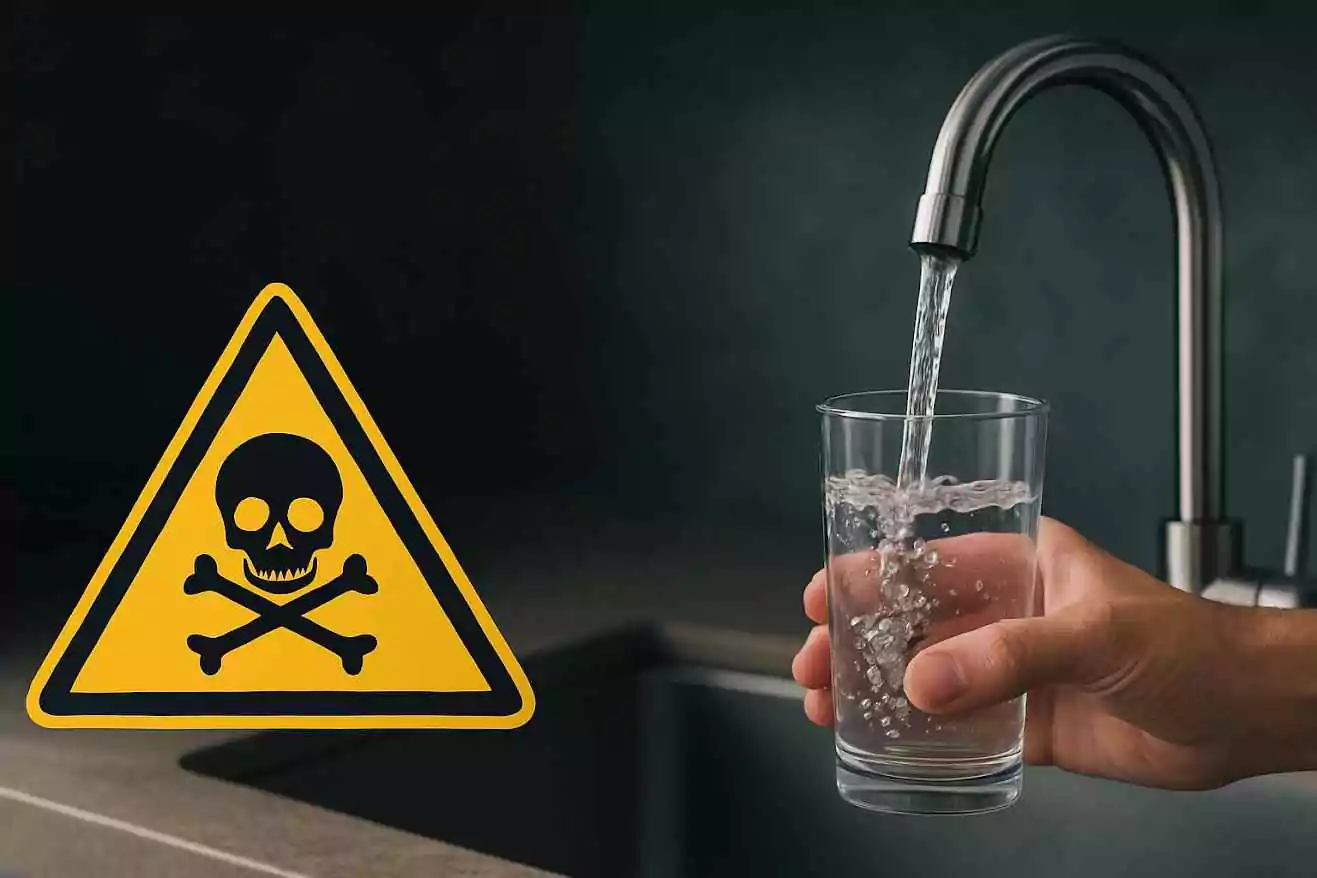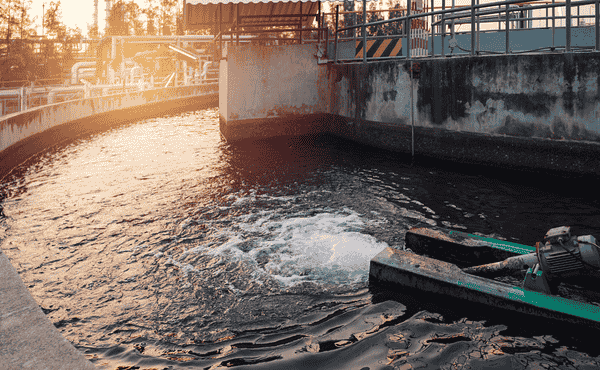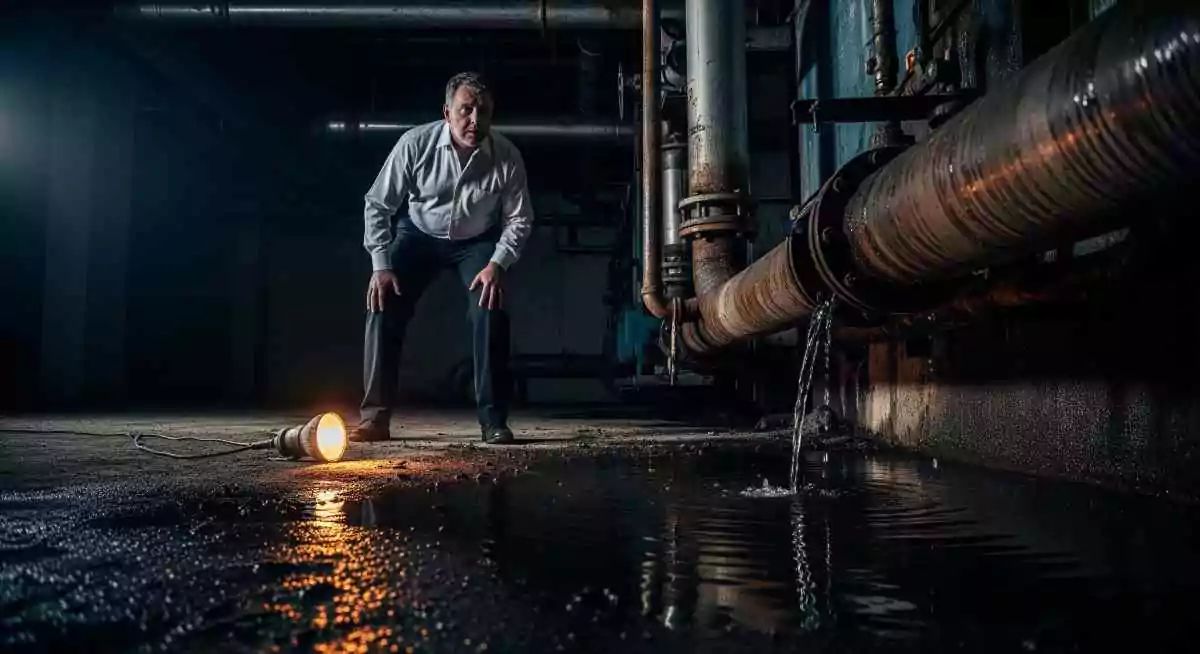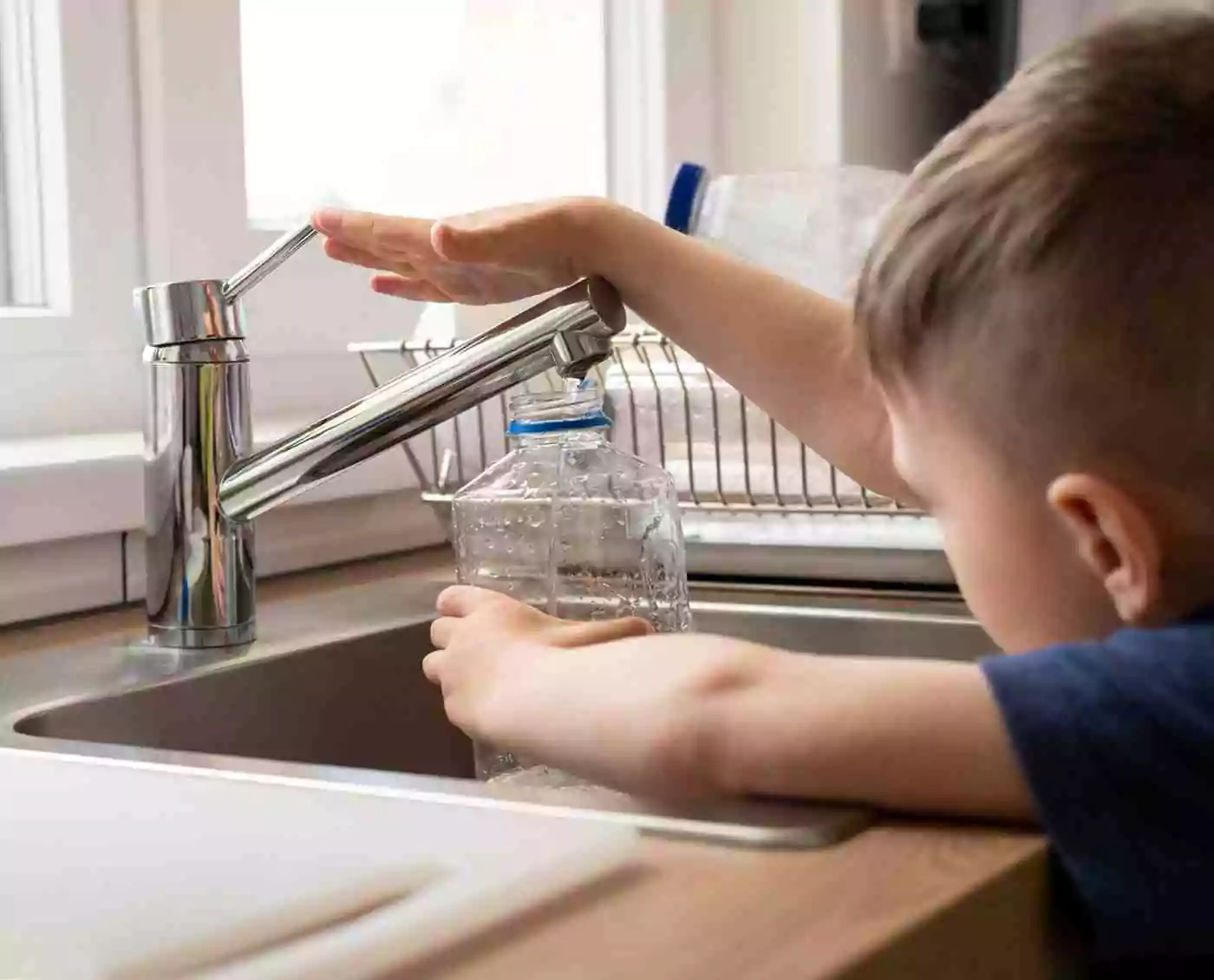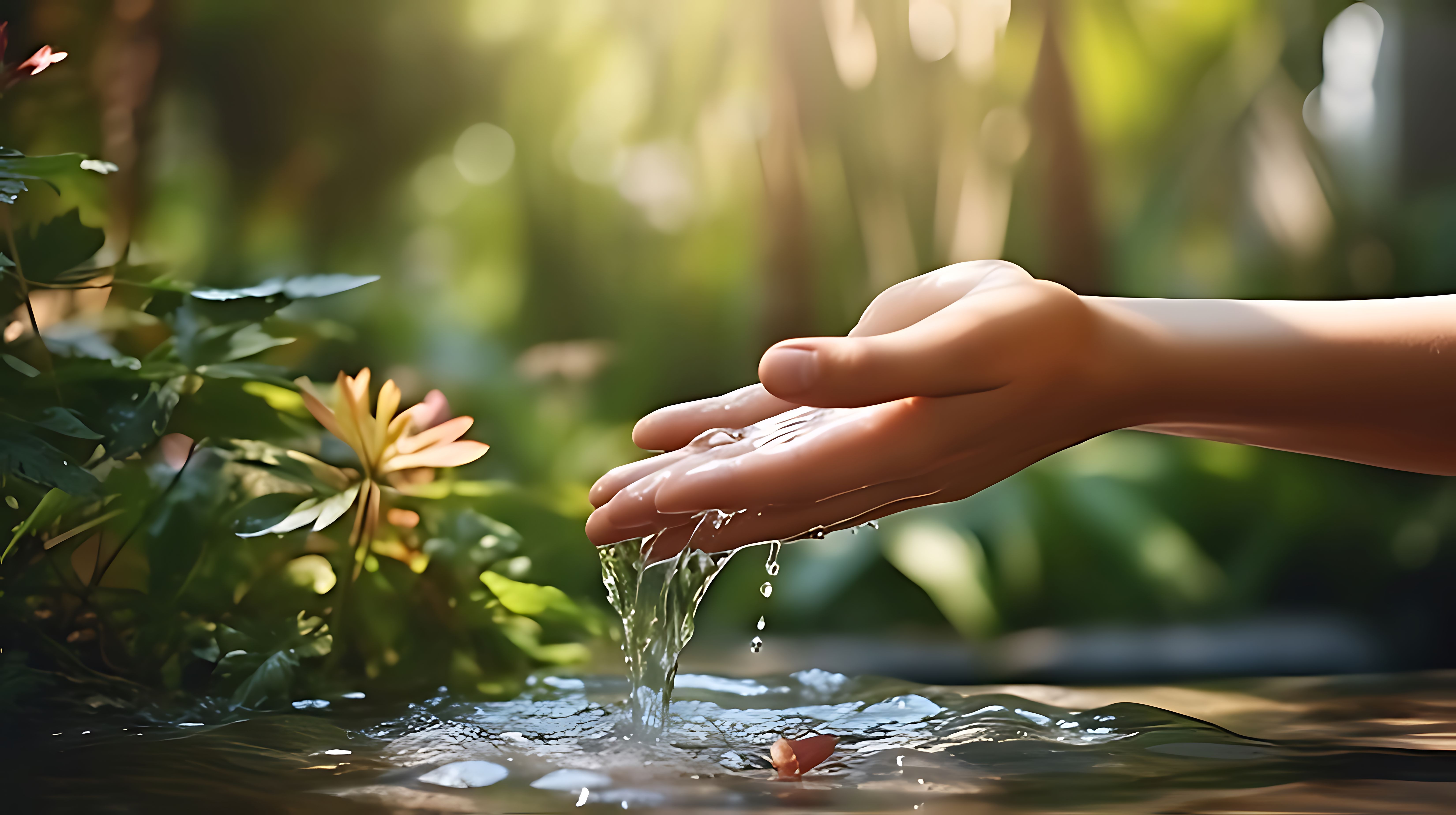Types of Water Testing & How to Test Water
- 11 June, 2025
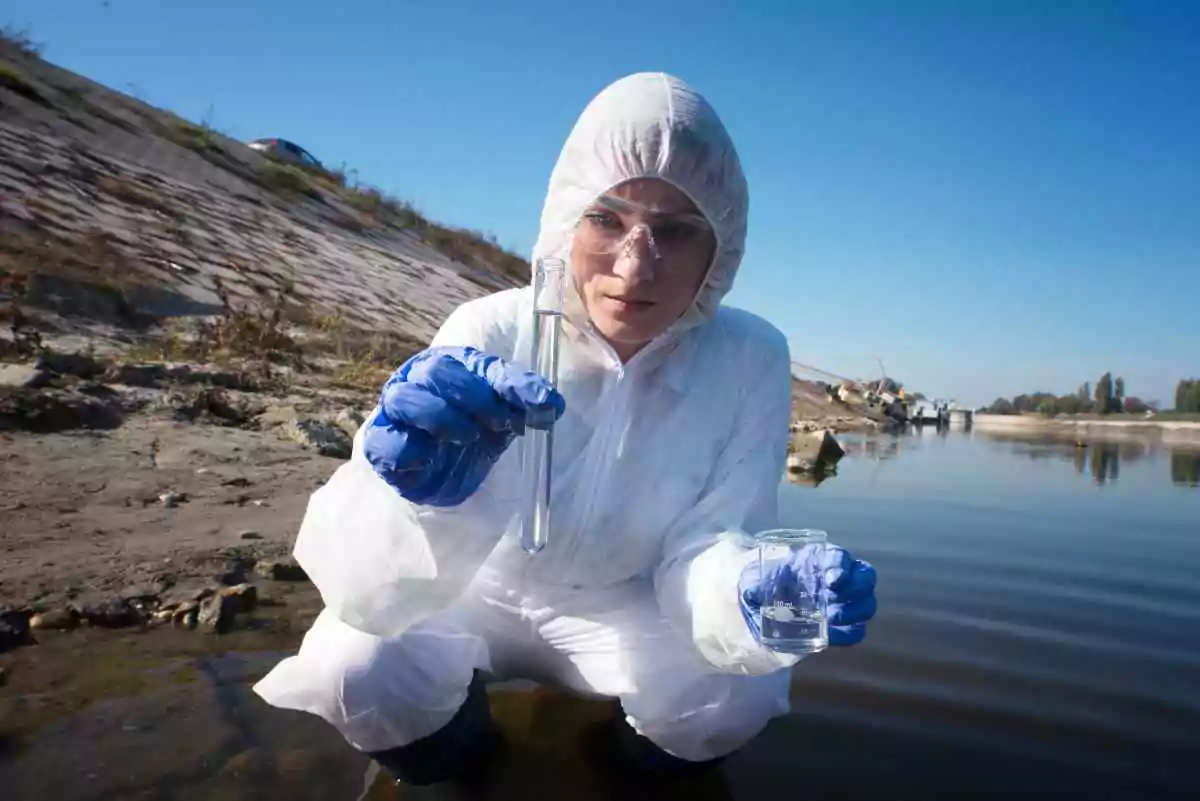
Water is essential for life, but not all water is created equal. From the water that runs through your taps to the water you consume daily, ensuring its safety and quality is paramount. This is where water testing comes in – an essential process that identifies contaminants, assesses chemical composition, and ensures the water you use is truly safe. In this detailed guide, we’ll explore the different types of water testing, how to test water at home or through professional services, and why knowing the TDS for drinkable water is crucial
Why Is Water Testing Important?
Before we dive into the specifics, let’s understand why water testing matters. Whether it’s for drinking, cooking, or even industrial use, water can contain a range of contaminants — from bacteria and viruses to heavy metals and chemical pollutants. These contaminants can pose serious health risks if left unchecked.
Regular water testing can help:
- Ensure compliance with safety and regulatory standards
- Protect your family from waterborne illnesses
- Determine if your water treatment system is working effectively
- Identify any changes in water quality over time
What Are the Types of Water Testing?
Water testing isn’t a one-size-fits-all process. Different tests target different contaminants and parameters. Let’s take a closer look at the main types of water testing:
Physical Water Testing
Physical testing measures the water’s physical characteristics, such as:
- Turbidity: Cloudiness or haziness of water, caused by suspended particles.
- Color: Should ideally be colorless for drinking water.
- Odor and Taste: Indicators of possible contamination or mineral content.
Chemical Water Testing
Chemical testing is crucial for identifying harmful or undesirable substances in water. Some key parameters include:
- pH Level: Measures how acidic or alkaline the water is. The ideal drinking water pH is around 7.
- Hardness: Presence of calcium and magnesium. Hard water can cause scaling and reduce soap effectiveness.
- TDS (Total Dissolved Solids): Measures all inorganic and organic substances dissolved in water.
TDS for drinkable water is a key parameter – the Bureau of Indian Standards (BIS) recommends a TDS level of less than 500 mg/L for potable water. High TDS can affect taste, and very high TDS can cause health issues over time.
- Heavy Metals: Testing for metals like lead, arsenic, iron, mercury, etc.
- Nitrates and Nitrites: Commonly found in agricultural areas.
- Chlorine and Chloramines: Indicators of water disinfection by public utilities.
Biological Water Testing
Biological tests detect the presence of living organisms in water:
- Bacteria: Such as E. coli and coliform bacteria — indicators of fecal contamination.
- Viruses and Parasites: Not always tested routinely, but critical in some scenarios.
- Algae and Protozoa: Can thrive in stagnant or untreated water.
Radiological Water Testing
Although rare, testing for radioactive contaminants like radon and uranium may be necessary in some regions.
How to Test Water: Options & Methods
You might be wondering: How exactly do I test my water? There are two main approaches:
- DIY (Do-It-Yourself) Water Testing Kits
- Professional Water Testing Services
DIY Water Testing Kits
Pros:
- Affordable and convenient
- Immediate results
- Good for routine checks
Cons:
- Limited accuracy
- Not comprehensive for all contaminants
Steps to Use a DIY Test for Water
- Collect a sample: Use a clean container to collect water from the tap or source.
- Dip the test strip: Follow instructions carefully for each parameter (pH, hardness, TDS, etc.).
- Compare results: Match the colors to the kit’s chart to interpret the findings.
Professional Water Testing Labs
For comprehensive and accurate results, professional testing is the best option. Search for water testing labs near me to find accredited laboratories in your area, such as Equinox Labs. These labs use advanced methods like:
- Spectrophotometry
- Chromatography
- Microbiological culturing
Professional labs can provide detailed reports, regulatory compliance checks, and expert guidance to address any concerns.
Why Choose Professional Labs Over DIY Kits?
Professional water testing is crucial when:
- Moving to a new home
- Experiencing unusual tastes, odors, or colors
- Testing well water or borewell water
- Conducting periodic safety checks
- Ensuring compliance with BIS or WHO standards
Equinox Labs, for instance, is a leading name in water testing across India. We offer end-to-end services, from sample collection to result interpretation, ensuring your water meets all safety and quality benchmarks.
Common Tests Conducted by Professional Labs
Here’s a snapshot of what’s typically included in a comprehensive water analysis:
- pH
- TDS
- Total Hardness
- Alkalinity
- Chlorides
- Sulfates
- Nitrates/Nitrites
- Heavy metals (lead, arsenic, mercury, etc.)
- Coliform bacteria
- Pesticide residues
The Role of TDS in Drinkable Water
You might be hearing a lot about TDS for drinkable water – let’s dig deeper into why it’s so important.
TDS (Total Dissolved Solids) measures the combined content of all inorganic and organic substances present in water, including minerals, salts, and metals. While some minerals are beneficial (like calcium and magnesium), excess TDS can lead to:
- Poor taste (salty, bitter, or metallic)
- Gastrointestinal issues
- Scaling in pipes and appliances
As per BIS standards, the acceptable TDS for drinking water is below 500 mg/L. If your water has TDS above 1000 mg/L, it’s generally considered unfit for consumption.
Regularly checking TDS levels helps you decide if you need additional filtration, such as RO (Reverse Osmosis) or UV systems, to maintain safe drinking water.
How Often Should You Test Water?
The frequency of water testing depends on various factors:
- Municipal Tap Water: Once a year for basic checks
- Borewell/Well Water: Every 6 months to a year
- After Plumbing Changes: Immediately after repairs or installations
- If Health Symptoms Arise: As soon as possible
- Industrial/Commercial Facilities: Monthly or quarterly, as per regulations
Steps for Getting Water Tested Professionally
Testing the water with professionals ensures precision and peace of mind. From expert sampling to actionable insights, your water’s safety is in trusted hands. If you’re considering professional testing, here’s how the process usually unfolds:
- Search water testing labs near me – Identify a certified lab like Equinox Labs.
- Contact the Lab – Discuss your concerns and decide on the scope of testing.
- Sample Collection – Some labs offer collection services to ensure proper sampling.
- Analysis – Using state-of-the-art equipment, labs test your sample for multiple parameters.
- Reporting & Recommendations – You’ll receive a detailed report along with expert guidance.
How Equinox Labs Can Help?
At Equinox Labs, we’re committed to making safe and clean water accessible to everyone. As one of India’s top water testing labs, we offer:
- Comprehensive Testing Panels: From TDS and hardness to microbiological testing
- Customized Solutions: Tailored testing for homes, offices, industries, and communities
- Accurate, Reliable Results: ISO-certified processes and advanced analytical methods
- Actionable Insights: Our experts help you interpret results and recommend treatments if needed.
Whether you’re a homeowner, an F&B business owner, or a corporate facility manager, Equinox Labs ensures your water meets the highest safety and quality standards.
Final Thoughts
Water testing isn’t just a regulatory box to tick — it’s an essential safeguard for your health and wellbeing. Whether you’re curious about the TDS for drinkable water, need to assess potential heavy metal contamination, or want to ensure your water’s microbiological safety, professional water testing is the way to go.
Start by evaluating your water’s TDS and basic parameters with a home test kit, but don’t stop there. If you notice anything unusual, reach out to a trusted water testing lab near me – like Equinox Labs — to get a comprehensive analysis. Remember: clean water is a fundamental right, and testing it regularly helps you protect what matters most — your health and the health of your loved ones.
Need help testing your water?
Contact Equinox Labs today for professional, reliable, and comprehensive water testing solutions tailored to your needs.
FAQs
Q1: How can I tell if my water has high TDS?
You can use a simple TDS meter at home to get an instant reading. If the reading is above 500 mg/L, it’s recommended to have the water tested professionally, as high TDS can affect taste and safety.
Q2: Are DIY water testing kits accurate enough?
DIY kits are great for quick checks, but they usually only cover basic parameters like pH or chlorine. For a detailed and reliable analysis of your water’s safety, it’s best to use a professional water testing lab.
Q3: Can water testing detect all types of contaminants?
Professional water testing covers a wide range of contaminants, from heavy metals to bacteria. However, if you have specific concerns (like PFAS or microplastics), inform the lab so they can include specialized tests.
Q4: How often should well water be tested?
Borewell or well water should be tested at least once a year, and more often if you notice changes in taste, color, or smell. It’s crucial to ensure your TDS for drinkable water is within safe limits.

